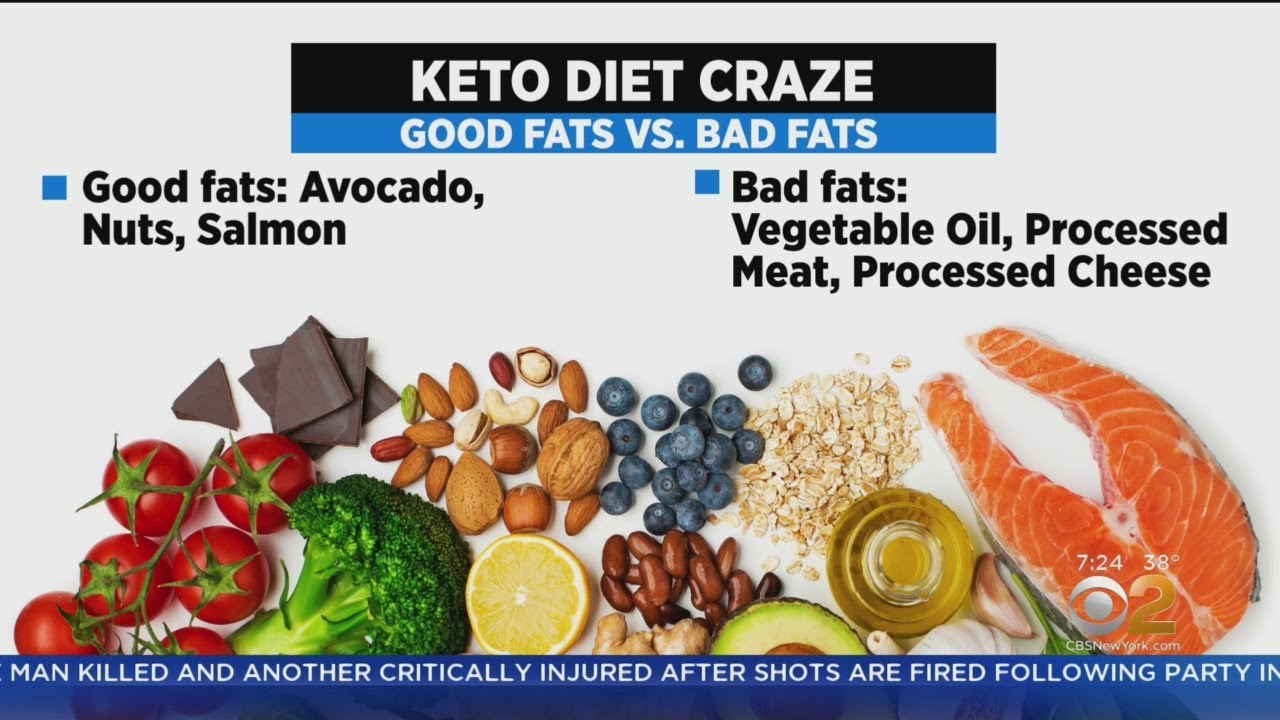The Ketogenic Diet and Its Benefits: A Comprehensive Guide

The Ketogenic Diet and Its Benefits: A Comprehensive Guide
The ketogenic diet, often referred to as the keto diet, has gained immense popularity in recent years due to its potential health benefits. This low-carb, high-fat diet is designed to put your body into a state of ketosis, where it burns fat for fuel instead of carbohydrates. In this article, we’ll explore the ketogenic diet and its benefits, providing you with a comprehensive understanding of why it might be the right choice for you.
What is the Ketogenic Diet?
The ketogenic diet is a dietary approach that focuses on reducing carbohydrate intake and increasing fat consumption. By doing so, your body enters a metabolic state called ketosis, where it becomes highly efficient at burning fat for energy. This process also produces ketones, which can provide an alternative energy source for the brain.
Benefits of the Ketogenic Diet
- Weight Loss: One of the most well-known benefits of the ketogenic diet is its ability to promote weight loss. By reducing carbohydrate intake, your body is forced to burn stored fat for energy, leading to significant weight loss over time. Studies have shown that individuals on a ketogenic diet can lose more weight compared to those on a low-fat diet.
- Improved Mental Clarity: Many people report enhanced mental clarity and focus when following a ketogenic diet. This is because ketones provide a more stable and efficient energy source for the brain compared to glucose. As a result, you may experience fewer energy crashes and better cognitive performance throughout the day.
- Increased Energy Levels: As your body adapts to burning fat for fuel, you may experience more consistent energy levels throughout the day. This can help reduce the energy crashes often associated with high-carb diets. Additionally, the steady supply of energy from fat can improve physical endurance and performance.
- Better Blood Sugar Control: The ketogenic diet can help stabilize blood sugar levels, making it a beneficial option for individuals with type 2 diabetes or insulin resistance. By minimizing carbohydrate intake, you can reduce blood sugar spikes and improve insulin sensitivity. This can lead to better overall blood sugar management and reduced risk of complications associated with diabetes.
- Reduced Inflammation: Some studies suggest that the keto diet may help reduce inflammation in the body. This can be particularly beneficial for individuals with chronic inflammatory conditions such as arthritis. By lowering inflammation, you may experience less pain and improved joint function.
- Enhanced Physical Endurance: Athletes and fitness enthusiasts may find that the ketogenic diet improves their physical endurance. By relying on fat as a primary fuel source, the body can sustain prolonged physical activity without the need for frequent carbohydrate refueling. This can be especially advantageous for endurance sports such as long-distance running or cycling.
- Improved Heart Health: The ketogenic diet may also have positive effects on heart health. By reducing carbohydrate intake and increasing healthy fats, you can improve cholesterol levels, including increasing HDL (good) cholesterol and decreasing LDL (bad) cholesterol. This can lead to a lower risk of heart disease and other cardiovascular conditions.
How to Get Started with the Ketogenic Diet
If you’re interested in trying the keto diet, here are a few tips to help you get started:
- Plan Your Meals: Focus on high-fat, low-carb foods such as avocados, nuts, seeds, fatty fish, and olive oil. Avoid sugary foods, grains, and starchy vegetables. Incorporate a variety of nutrient-dense foods to ensure you’re getting essential vitamins and minerals.
- Monitor Your Macros: Keep track of your macronutrient intake to ensure you’re staying within the recommended ratios for a ketogenic diet (typically 70-75% fat, 20-25% protein, and 5-10% carbohydrates). There are many apps and online tools available to help you track your macros.
- Stay Hydrated: Drink plenty of water to stay hydrated and support your body’s metabolic processes. Dehydration can be a common issue when starting a ketogenic diet, so make sure to drink enough fluids throughout the day.
- Be Patient: It may take a few weeks for your body to fully adapt to the ketogenic diet. Be patient and give yourself time to adjust. You may experience some initial side effects, known as the “keto flu,” but these typically subside as your body becomes accustomed to the diet.
Conclusion
The ketogenic diet and its benefits make it a compelling option for those looking to improve their health and well-being. By promoting weight loss, enhancing mental clarity, and providing stable energy levels, the keto diet can be a powerful tool in achieving your health goals. As with any dietary change, it’s important to consult with a healthcare professional before starting the keto diet to ensure it’s the right fit for you




